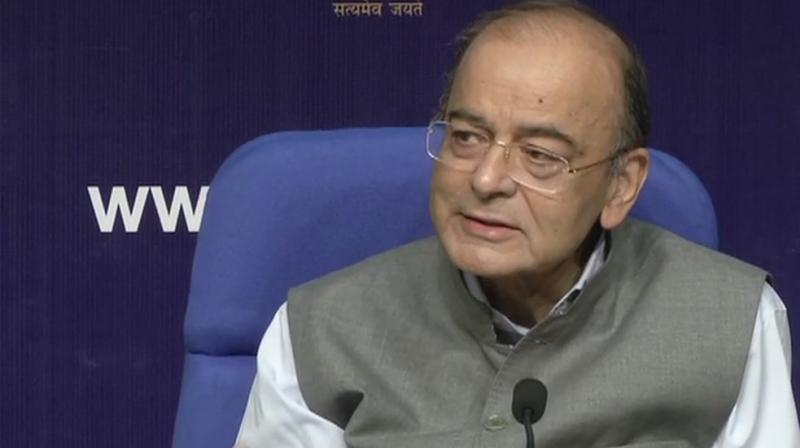Merger of 3 banks: Danger lies ahead

The future will tell if the government’s proposed move to merge three banks — Bank of Baroda, Vijaya Bank and Dena Bank (the last being a weak bank) is the right move which will benefit sick and healthy banks. The merger will create India’s third largest bank, with total business worth Rs 14.82 lakh crores. For now, going by precedents, the move seems fraught with danger. State Bank of India amalgamated all its subsidiary banks with itself to become one of the world’s top 50 banks but is saddled today with losses of nearly Rs 2.5 lakh crores, more than double what it was earlier. So large isn’t necessarily strong. Dena Bank is currently under the RBI’s Prompt Corrective Action (PCA) framework. Many other banks are expected to go under PCA by the yearend. What is disturbing in Dena Bank, which has 40 per cent small savings, is the large corporates that hold nearly 75 per cent of NPAs. The whole system seems to be distorted in favour of large offenders. Even under the new Insolvency and Bankruptcy Code, it’s large outfits that are major beneficiaries as they get generous deals at the cost of banks, that have to take large haircuts. The government, unintentionally, seems to be killing public sector banks.
The NPAs of the three banks are around Rs 80,000 crores, so from day one the merged entity will suffer. Several branches may even be closed due to overlapping.
Globally too, banks like Citibank and HSBC may be big but aren’t strong. So too is the case with India’s ICICI Bank. Finance minister Arun Jaitley seems to think the move will help increase and expand banking operations. To an extent this is true as they will benefit from each other’s strengths and branches.
The timing of Mr Jaitley’s move also raises questions. It comes at a time banks face a severe crisis due to the twin moves of demonetisation and the hastily-implemented Goods and Services Tax. Of 21 public sector banks, 19 are making huge losses. The banks are in the ICU, to put it mildly, and the new move could kill the patient. Even Mudra Bank, launched by Prime Minister Narendra Modi to provide loans upto Rs 10 lakhs to non-corporate, non-farm small/and micro enterprises without collateral has NPAs of Rs 300 crores in 15 lakh loan cases.
It’s also a reflection of the state of inequality of growth between urban and rural India and between rich and poor. Mr Jaitley seems to be staking his political future with this move. If it succeeds, it will be good for him. But if it fails, he will face intensified criticism from the Opposition, which is already baying for his blood.

